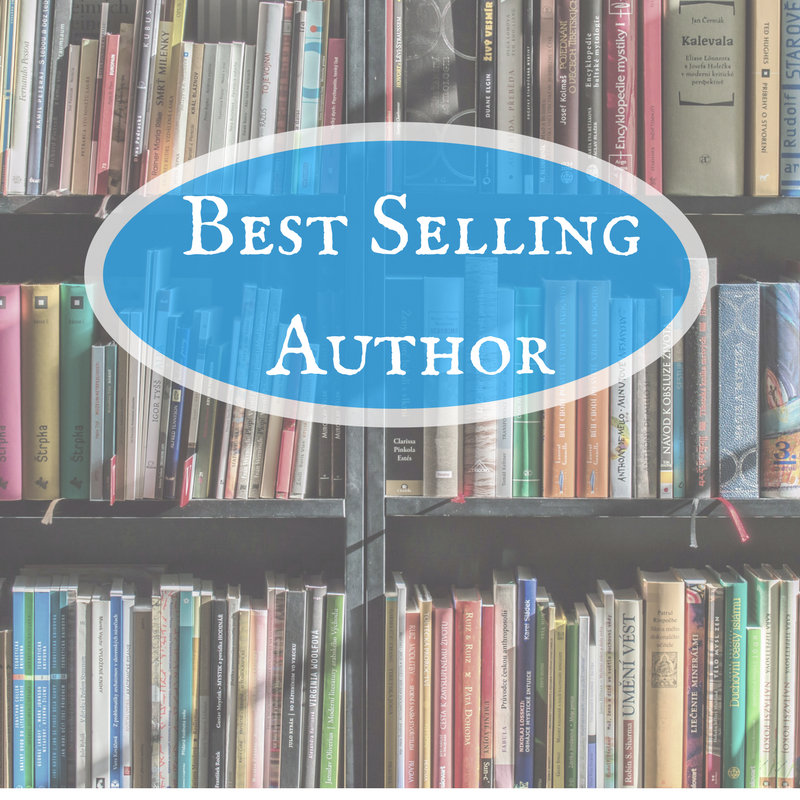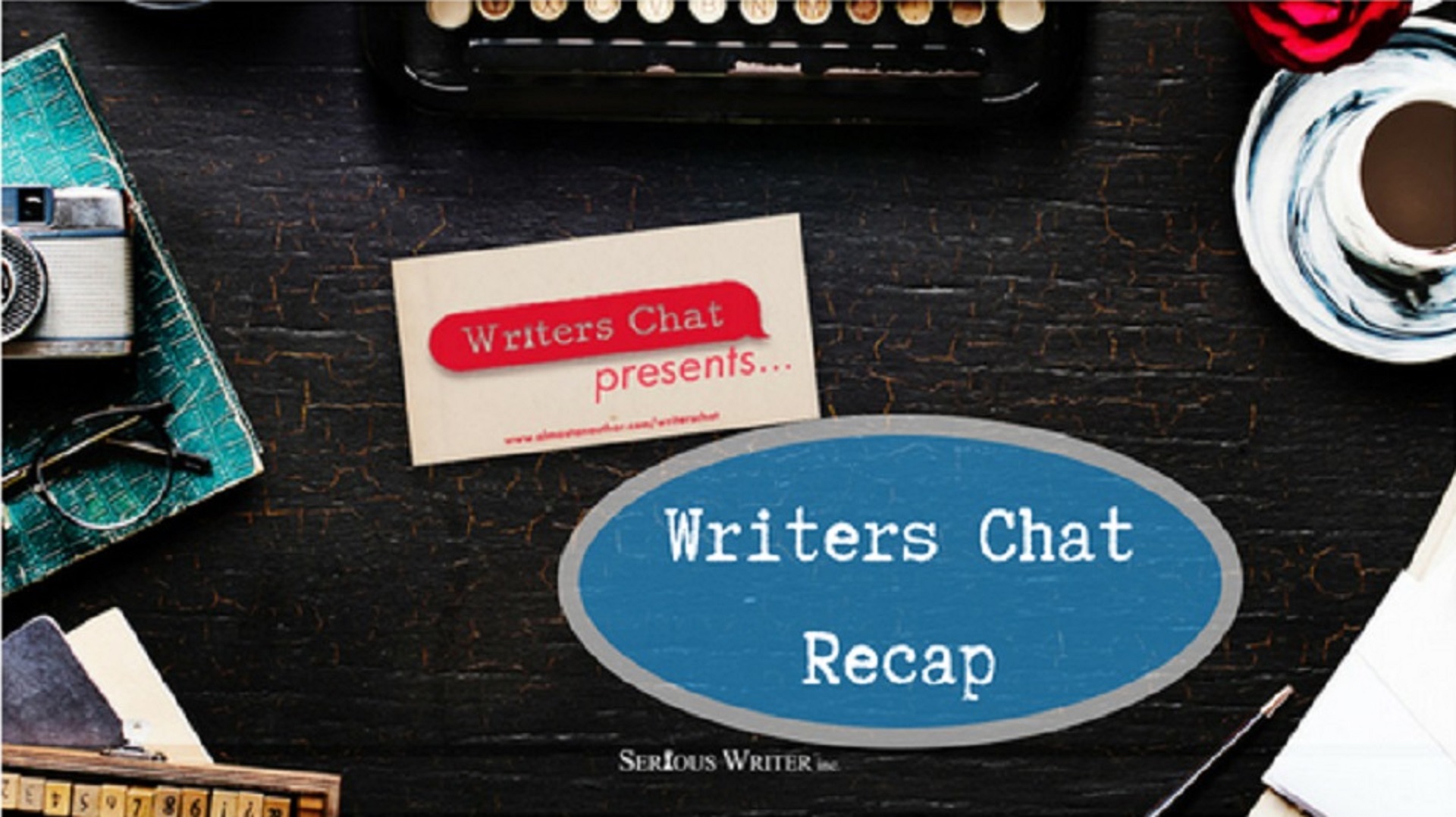
Bestselling Author Interview with Jane Kirkpatrick
Can you share a little about your recent book? (Releasing in September 2020) Like most of my historical novels,…
August 1, 2020
Can you share a little about your recent book? (Releasing in September 2020) Like most of my historical novels,…
August 1, 2020
In 2020, social media is a vital part of our lives. We use it to communicate, to share stories,…
July 31, 2020
Writers Chat, hosted by Jean Wise, Johnnie Alexander, and Bethany Jett, is the show where we talk about all…
July 30, 2020
Bethany Turner returns to Novelists Unwind to talk about her fun new novel, Hadley Beckett’s Next Dish. The hero and…
July 26, 2020
We think of writing a book as an act of creative inspiration. The muse strikes and we strive to…
July 18, 2020
Writers Chat, hosted by Jean Wise, Johnnie Alexander, and Bethany Jett, is the show where we talk about all…
July 15, 2020
There are a lot of talented authors on the Best Writers Online and Online Writers Rating custom writing reviews…
July 11, 2020
In my blog about living intentionally I often talk about decluttering—not just in our homes but in all areas…
July 8, 2020
Writers Chat, hosted by Jean Wise, Johnnie Alexander, and Bethany Jett, is the show where we talk about all…
July 2, 2020
Can you share a little about your recent book? My latest release is the third in a series, so…
July 1, 2020
Eighteen months ago, I hit the proverbial pavement and began querying any publication that would accept my storytelling, devotional…
June 28, 2020
Patricia Bradley, an award-winning author who writes page-turning suspense, was my first Novelists Unwind guest…way back in August 2017!…
June 26, 2020
Writers Chat, hosted by Jean Wise, Johnnie Alexander, and Bethany Jett, is the show where we talk about all…
June 15, 2020
In the early 1920s, a young boy who hadn’t cared much for reading became enthralled with Jack London’s The Call…
June 14, 2020
The law of prosperity is generosity. If you want more, give more.” Bob Proctor Remember this: Whoever sows sparingly…
June 8, 2020
On its surface, the internet is a wonderful resource to learn about how to sell your book. With a…
June 2, 2020
Writers Chat, hosted by Jean Wise, Johnnie Alexander, and Bethany Jett, is the show where we talk about all…
May 30, 2020
Tom Threadgill writes “Smart Suspense” inspired by what if questions. The idea for his latest novel, Collision of Lies, happened…
May 26, 2020
I’m wondering about what motivates people to start writing. After all, it’s not the easiest thing to do, and…
May 18, 2020
Writers Chat, hosted by Jean Wise, Johnnie Alexander, and Bethany Jett, is the show where we talk about all…
May 15, 2020
As writers, our success is based on creating something others find useful or enjoyable. Which implies our success is…
May 8, 2020
Can you share a little about your recent book? I just finished the last book in the Ravenwood Saga,…
May 1, 2020
Writers Chat, hosted by Jean Wise, Johnnie Alexander, and Bethany Jett, is the show where we talk about all…
April 30, 2020
Susan May Warren has written more than 65 novels in multiple genres, won multiple awards including the Christy Award…
April 26, 2020
Well, here we are. Or … here I am, and there you are. We’re social distancing. This is new…
April 25, 2020